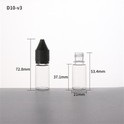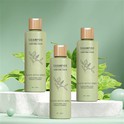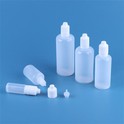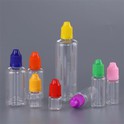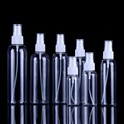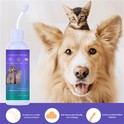Most water bottle makers intend for their products to be single-use. But if you’re concerned about the environment, or need a container in a pinch, you’ve probably wondered if you can refill them. Whether or not this is safe depends on the plastic used.
Types of Plastic Bottles
Most water bottle packaging will display a number printed inside a triangle to show what kind of plastic it is. That number can also help you determine how safe it is to reuse.
Here are three of the most common kinds of plastics found in water bottles.
Polyethylene terephthalate (PETE or PET). If you see a “1” on your bottle, it means polyethylene terephthalate. This lightweight plastic is useful for water bottles and containers like sauce bottles, nut butter containers, and other food packaging.
High-density polyethylene (HDPE). If your bottle displays a “2,” the plastic is high-density polyethylene (HDPE). HDPE is a more sturdy, durable plastic. This makes it a good material for detergent bottles, soap bottles, and gallon-size liquid containers.
“7” is the ID code for plastic materials that don’t fit under any other category. Some water bottles in this category may contain bisphenol A, otherwise known as BPA. BPA is a chemical that has been linked to disruptions in the endocrine system, which is in charge of regulating your hormones. Many people avoid products that contain BPA because of their potential impact on hormonal balance.
Chemical Leaching
A common concern with reusing water bottles is chemical leaching. This is when chemicals from the plastic mix with whatever liquid you put inside. But with the right storage and type of plastic, this isn’t normally a concern with single-use plastic bottles.
Plastic Bottles and Bacteria Growth
Plastic bottles can harbor harmful bacteria, which is why most manufacturers recommend you use them only once. In truth, bacterial growth in water bottles is a much bigger concern than chemical leaching.
Bacterial growth can happen quickly from the ordinary use of touching your mouth to your bottle. Even unfinished beverages left at room temperature can have startling bacteria growth throughout the day. It’s best to reuse plastic water bottles sparingly and wash them thoroughly because germs spread so quickly.

